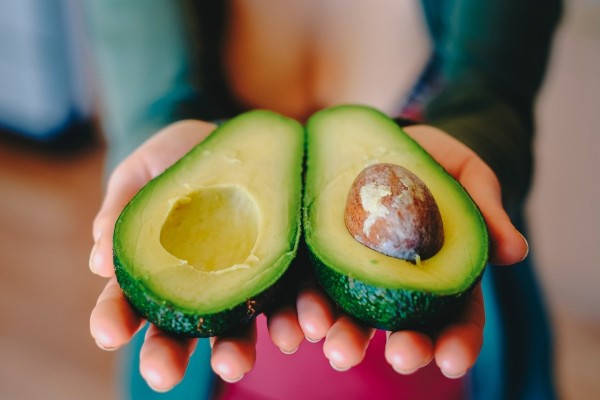5 Common Diet Blunders You Should Avoid

With a lot of confusion in nutritional information, it may seem easy to fall victim to poor eating habits without even realizing it.
In terms of weight loss routines, most people tend to make the same unavoidable mistakes, which are already sabotaging our efforts, without us knowing.
Luckily such diet mistakes are easy to overcome only if we know better. The first thing to do is determine which diet practices are misconceptions and which are not.
ALSO READ: Is Excessive Exercise Linked to Eating Disorders? Here's What Studies Say
5 Commonly Believed Myths
A lot of people try to prepare healthier food options based on assumptions that might not be entirely correct. It may be challenging to decide which is the right option, but these five commonly believed diet myths would help you make the right and healthier food choices.
1. Not Eating an Adequate Amount of Fat
In 1989, when the first dietary guidelines were released in the United States, fat was something to avoid strictly. It had been a sentiment that was said to have driven the diet industry for the next two decades, even as obesity rates kept rising.
Now, it turns out, fat is never the issue to begin with, as studies refer to sugar as a major trigger to obesity compared to dietary fat. More so, some healthy fats like avocadoes can even help you lose those extra pounds.
2. Eating Too Much Protein
Indeed, protein is a vital macronutrient for losing weight. It contributes to the development of lean muscle, which burns calories. However, according to Jim White, RD, ACSM, it may be probable to have too much of a good thing.
White, who is also the Jim White Fitness owner, added that cutting down on their carbs intake can sabotage a person's efforts to lose weight.
He also said that people could look at protein as the "holy grail" in terms of macronutrients, but eating too much of it can still add to extra body fat if consumed excessively.
DON'T MISS THIS: Why Stress Makes One Overeat or Not Eat at All, and How to Overcome It
3. Spending Long Hours without Eating
This is usually practiced by those who are busy and starting their day early with work right away. Say, you're nervous or stressed, you are more prone to overeating on your next meal.
Studies have shown that people who skip breakfast tend to gain more weight compared to those starting their day with a healthy breakfast.
4. Become too Restrictive
Most people think, if they cut calories, they will lose weight. Therefore, a drastic decrease in calorie intake could mean speedier results. This is not exactly the case, though.
In a research Psychosomatic Medicine published, it was found that individuals who had a strict low-calorie diet failed to lose weight in the long run. This was due to the excessive production of the stress hormone cortisol.
The said study indicated that when the body is releasing excess cortisol, it is then, signaling the body to store fat in the abdomen.
White also said, "When one is not eating adequate calories, his metabolism tends to slow down." This leads to a decrease in energy to exercise, as the urge to binge-eat becomes stronger.
5. Always Opting for 'Diet Food'
Be cautious when you read food labels that indicate "sugar-free" or "low fat." They may be promoted as "diet-friendly," but they can actually be damaging your waistline.
Most diet foods are highly processed, and they contain questionable ingredients such as aspartame, corn syrup, and vegetable oils.
It is still best if you stick to foods that don't come in a package. This means that you must opt for natural, whole foods. Or, if there is a need, opt for food that has minimal ingredients.
IN CASE YOU MISSED THIS: 6 Reasons Why You're Gaining Weight Unintentionally
Aug 12, 2020 11:59 AM EDT





